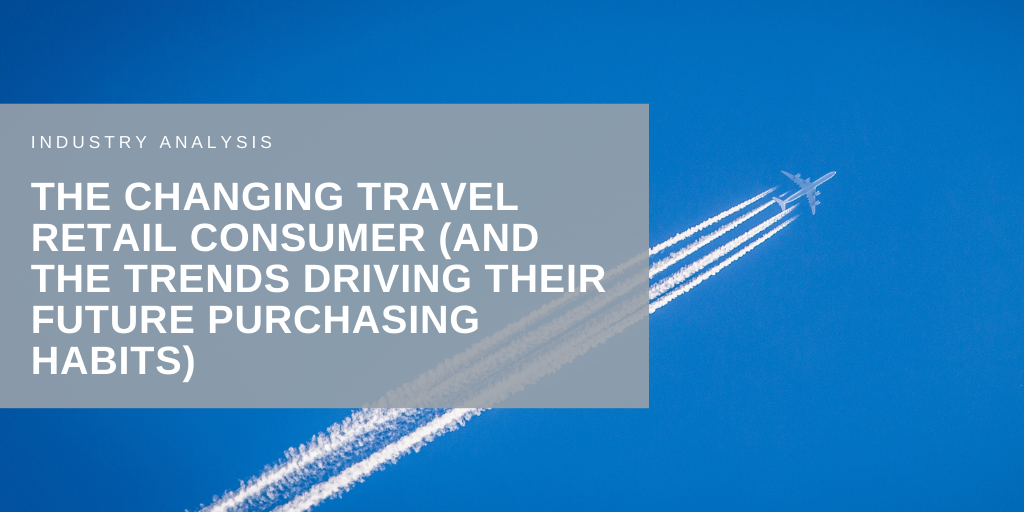Industry Analysis
The changing travel retail consumer (and the trends driving their future purchasing habits)

Our recent visit to the TFWA Asia Pacific Hainan Special Edition digital event really got us thinking about the evolution of the travel retail consumer, whose purchasing habits and demands are set to shift dramatically as greater numbers of people return to the seas and skies.
I’ve singled out the three key points that really stood out to me regarding the new-look travel shopper.
Digital is important – but don’t forget about the experience!
I see the rise of virtual shopping resulting from the pandemic as having a major impact on the future purchasing habits of travel retail shoppers. These customers will now feel more empowered when returning to physical stores, having now got used to quick, frictionless ordering and paying for goods and doing things at their own pace. However, consumer behaviour expert Nathalie Nahai said e-commerce won’t replace the ‘highly nuanced, sensory quality’ that physical interactions offer. The solution, therefore, will lie in providing customers a more customised physical and digital journey that offers the best of both worlds.
Take new opportunities for pre-trip sales
Linking into digitalisation, pre-trip sales are another area I believe travel retailers and brands will have new opportunities to grow sales. TripAdvisor’s Sarah Mathews noted a sharp rise in travelling consumers conducting more research before travelling (69%). At the same time, TripAdvisor research found 76% of people are now saving up to buy items before making a trip. Both these trends lend themselves well to travel businesses with established e-commerce and digital capabilities, giving them more chances to target services and products at passengers from the very earliest stages of their journey.
Be authentic
I believe shopper values are set to become a major determining factor when it comes to purchasing duty free goods. Research presented during the conference shows just over half of consumers (53%) now feel most connected to a brand when its values align with their own. This presents an opportunity for travel brands to promote their shared values with these consumers – such as highlighting social justice issues or supporting environmental causes. However, this comes at a risk – Nathalie Nahai warned companies must demonstrate they are taking real, credible actions to live these values, as people are increasingly “interrogating the authenticity” of brands.